Artificial Intelligence
The Future of AI Chatbots: Will They Surpass Traditional Search Engines?
AI chatbots provide instant answers, but can they replace search engines? Learn how AI chatbots compare to traditional search engines and what the future holds for online search.
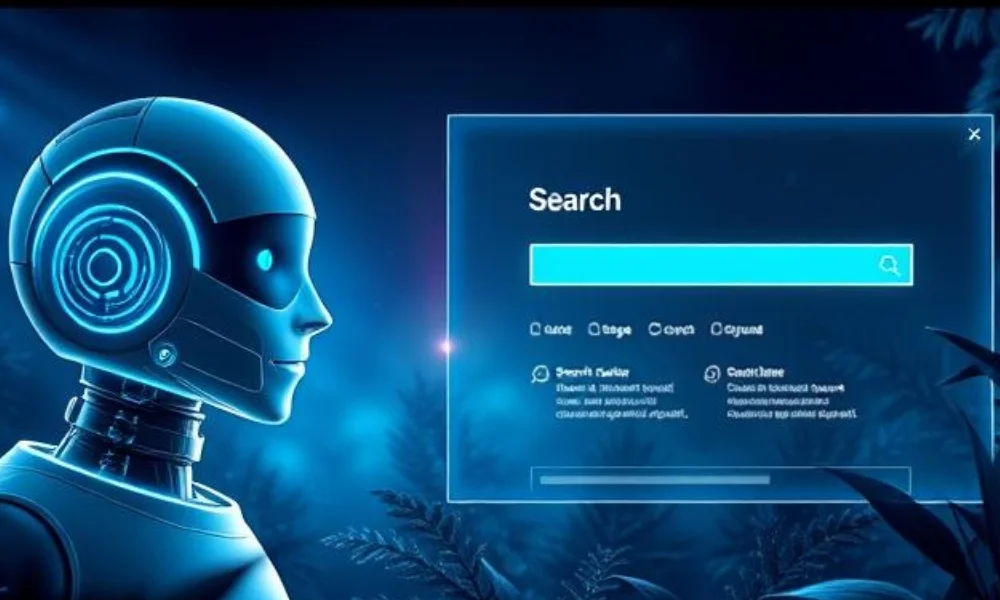
People like me rely on search engines to find answers fast, but AI chatbots are changing how we get information. These chatbots provide instant, human-like responses, making them a game-changer. Are AI chatbots the future of online search, or will traditional search engines remain dominant?
What Are AI Chatbots?
Artificial Intelligence chatbots use machine learning to generate direct responses based on user queries. Unlike search engines, chatbots don’t show multiple links, making searches faster.
Will they eventually replace search engines completely? Let’s find out.
How Do AI Chatbots Work?
AI chatbots use natural language processing to understand human conversations and respond accurately. These bots analyze past interactions and improve over time through machine learning.
Popular AI chatbots include ChatGPT, Gemini, and Perplexity AI. Unlike simple assistants like Siri, they provide deep, interactive responses to complex questions.
Chatbots work by predicting the next best response based on data. They don’t browse the internet in real-time like search engines, which can limit their accuracy.
How Do Traditional Search Engines Work?
Search engines like Google scan and rank billions of web pages to display the best results. Their complex algorithms prioritize relevance, keywords, and credibility.
Google uses factors like backlinks and user engagement to determine rankings. This ensures that people like me get trusted, high-quality content.
Unlike chatbots, search engines allow users to explore multiple sources. However, they require people to sift through results manually, which can be time-consuming.
AI Chatbots vs. Search Engines: Key Differences
Response Format:
AI chatbots provide instant answers in a conversational way. Search engines display multiple links, requiring people like me to click and read through pages.
Personalization:
Chatbots remember past conversations and tailor responses accordingly. Search engines rely on cookies and past searches but don’t interact personally.
Real-Time Interactions:
Chatbots engage in back-and-forth discussions, making searches feel natural. Search engines require users to refine their searches manually for better results.
Are AI Chatbots Replacing Search Engines?
AI chatbots are gaining popularity, but search engines still dominate online searches. Companies like Microsoft and Google are integrating AI-powered search features.
AI chatbots struggle with accuracy and real-time data, which limits their reliability. Search engines still provide the most credible sources for fact-based queries.
While chatbots offer quick responses, search engines provide extensive research and multiple viewpoints. This keeps them relevant despite AI advancements.
Strengths and Weaknesses: Chatbots vs. Search Engines
Strengths of AI Chatbots:
-
Provide direct, summarized answers in seconds.
-
Engage in interactive, conversational responses.
-
Personalize answers based on previous interactions.
Weaknesses of AI Chatbots:
-
Struggle with providing real-time and fact-checked information.
-
Often generate misleading or outdated responses.
-
Lack transparency in citing sources.
Strengths of Search Engines:
-
Offer multiple sources for better accuracy.
-
Provide the latest updates and real-time data.
-
Rank content based on quality, ensuring trustworthiness.
Weaknesses of Search Engines:
-
Require manual effort to browse through multiple links.
-
Display ads that interfere with the user experience.
-
Results can be influenced by SEO rather than actual relevance.
Future Trends: What’s Next for AI Chatbots and Search?
AI-powered search engines like Google SGE and Perplexity AI are changing the landscape. Search engines will likely evolve with chatbot-style interfaces for better user experience.
Future AI chatbots will integrate real-time search capabilities, making them more accurate. Voice search and AI-driven assistants will further blur the lines between traditional search and chatbots.
If chatbots overcome their accuracy and source credibility issues, they might replace traditional searches. However, for now, search engines remain more reliable.
Conclusion:
AI chatbots are transforming how people like me find information, but they aren’t perfect. Search engines still dominate due to their ability to fact-check and display multiple sources.
AI and search engines may merge rather than compete, creating a new hybrid search experience. The future will depend on AI’s ability to provide reliable and real-time information.
Do you think AI chatbots will completely replace search engines, or will they work together? Share your thoughts below!
-

 Artificial Intelligence8 months ago
Artificial Intelligence8 months agoWhat is Artificial Intelligence? A Comprehensive Guide for Businesses and Enthusiasts
-
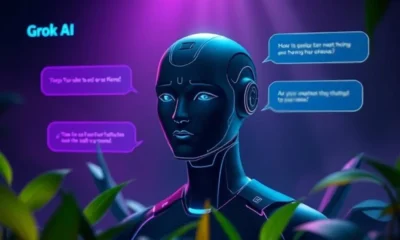
 Artificial Intelligence6 months ago
Artificial Intelligence6 months agoHow to Use Grok AI: A Complete Guide
-
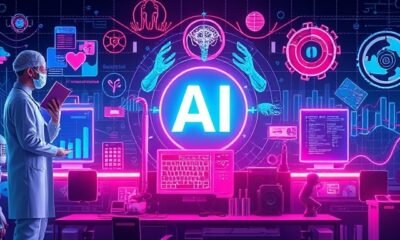
 Artificial Intelligence8 months ago
Artificial Intelligence8 months agoUnlocking the Power of Artificial Intelligence Tools
-

 Artificial Intelligence7 months ago
Artificial Intelligence7 months agoWhat is DeepSeek? Revolutionizing AI with Cutting-Edge Solutions
-
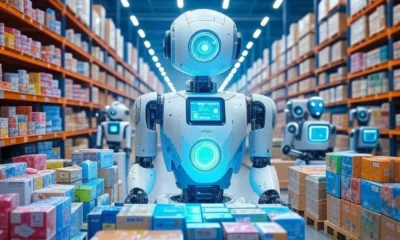
 Artificial Intelligence3 months ago
Artificial Intelligence3 months agoAI Technologies in Warehouse Automation:
-

 Artificial Intelligence4 months ago
Artificial Intelligence4 months agoMeta’s AI Push: The Standalone Assistant App Set to Rival ChatGPT
-

 Artificial Intelligence3 months ago
Artificial Intelligence3 months agoHow Artificial Intelligence is Revolutionizing Logistics:
-
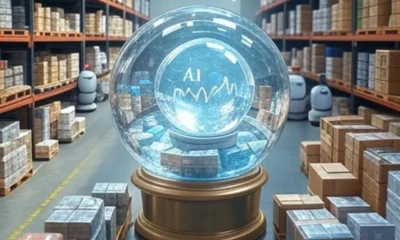
 Artificial Intelligence3 months ago
Artificial Intelligence3 months agoPredictive Analytics for Demand Forecasting:


